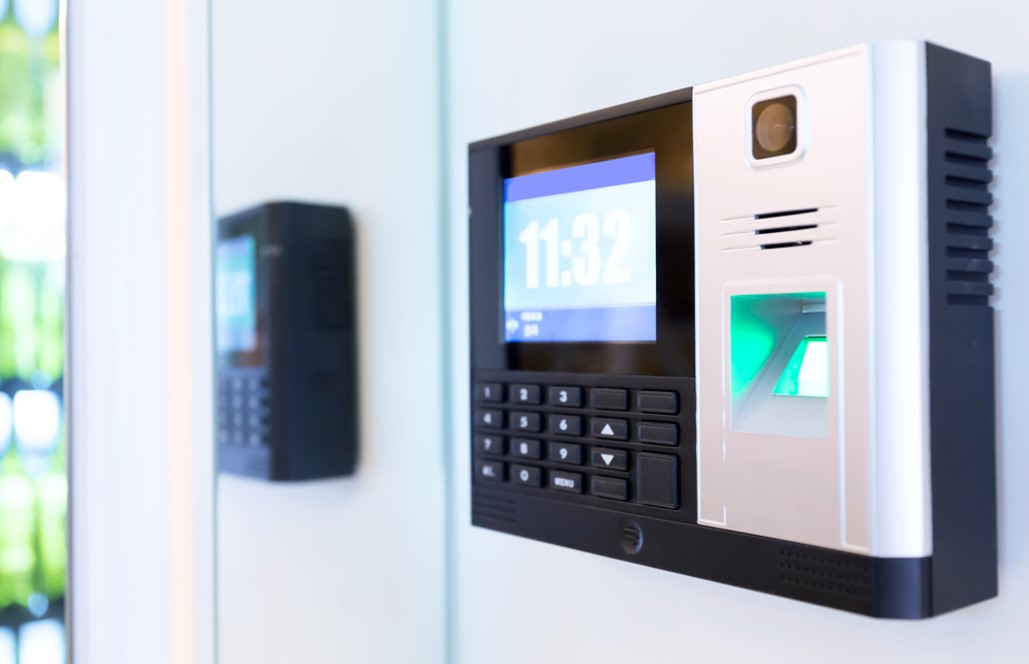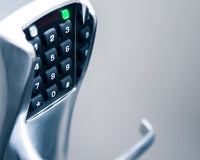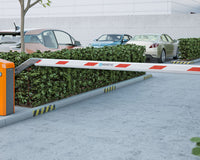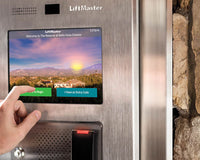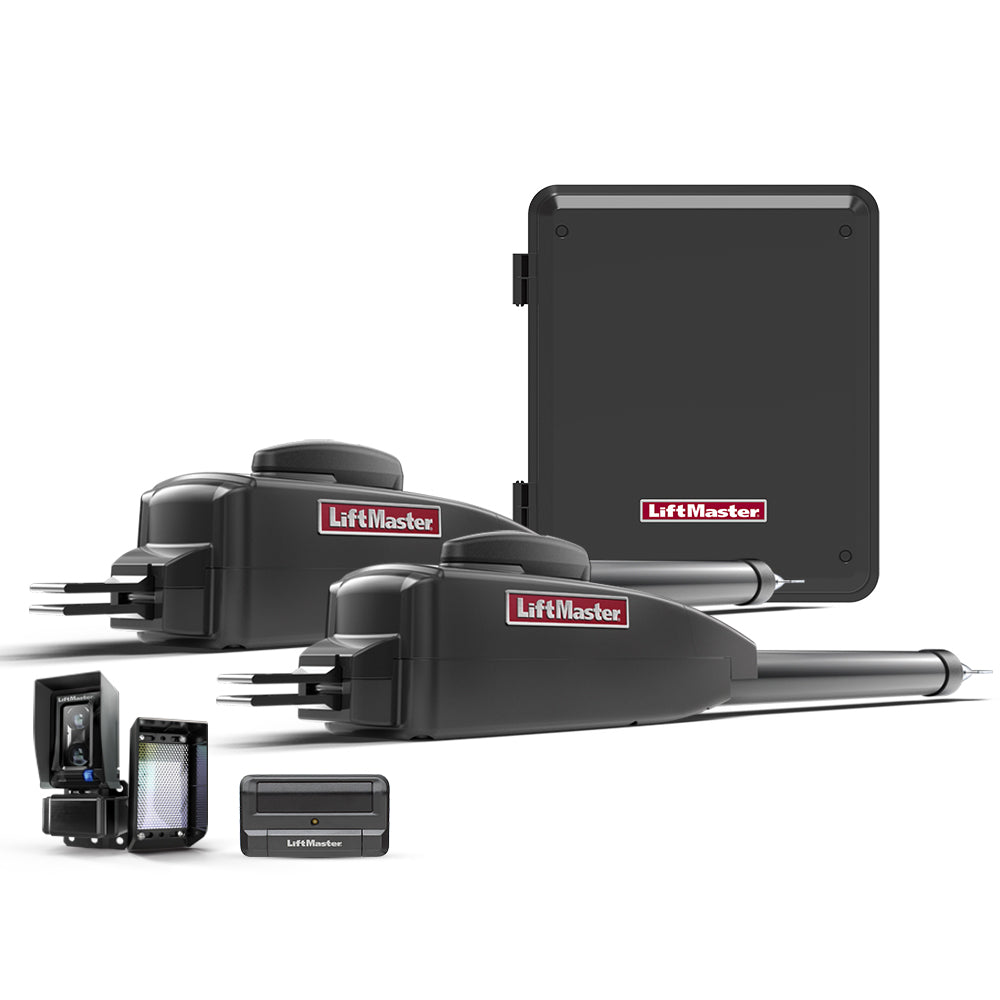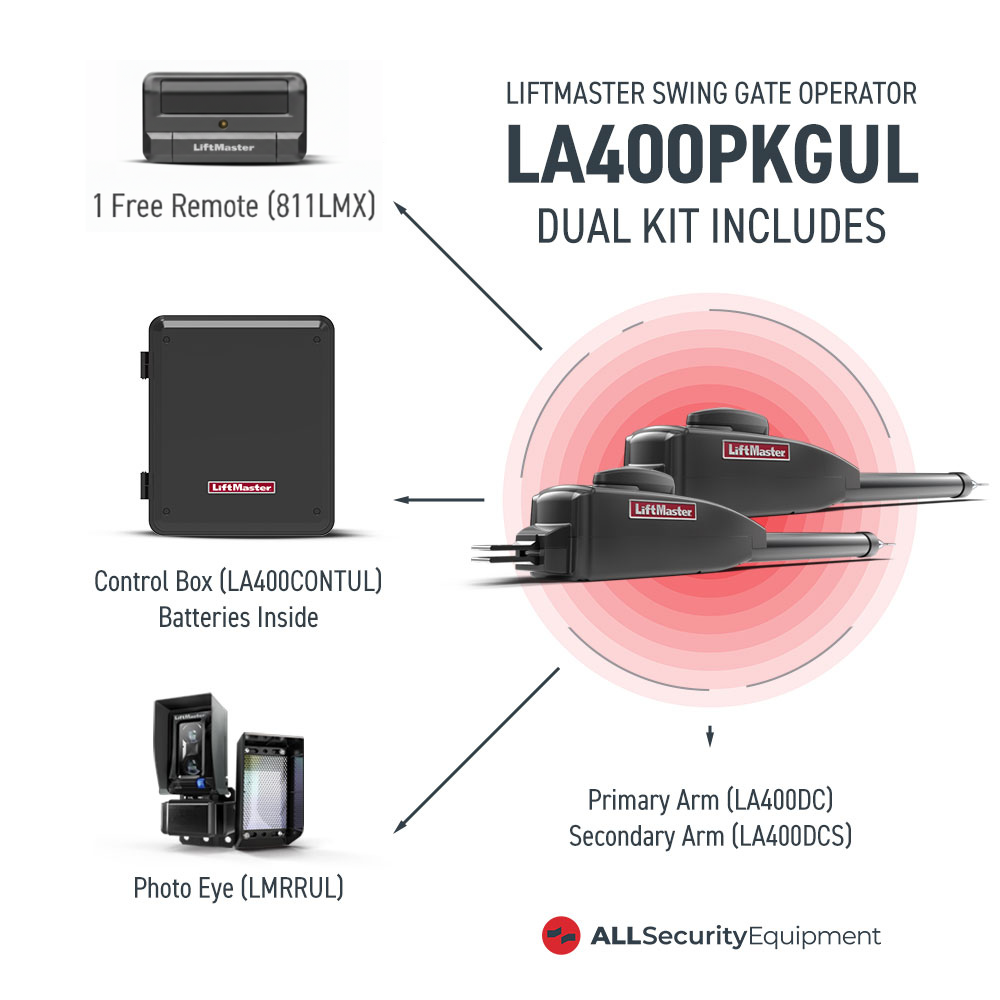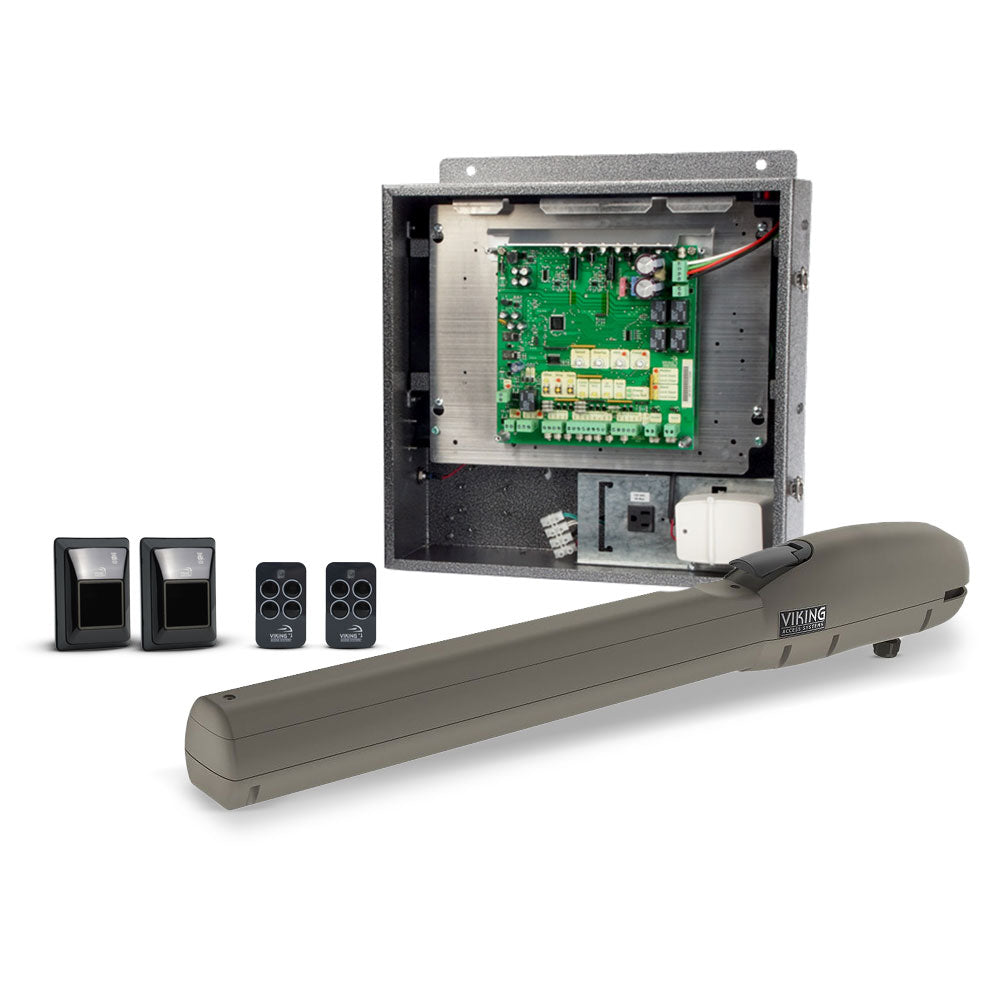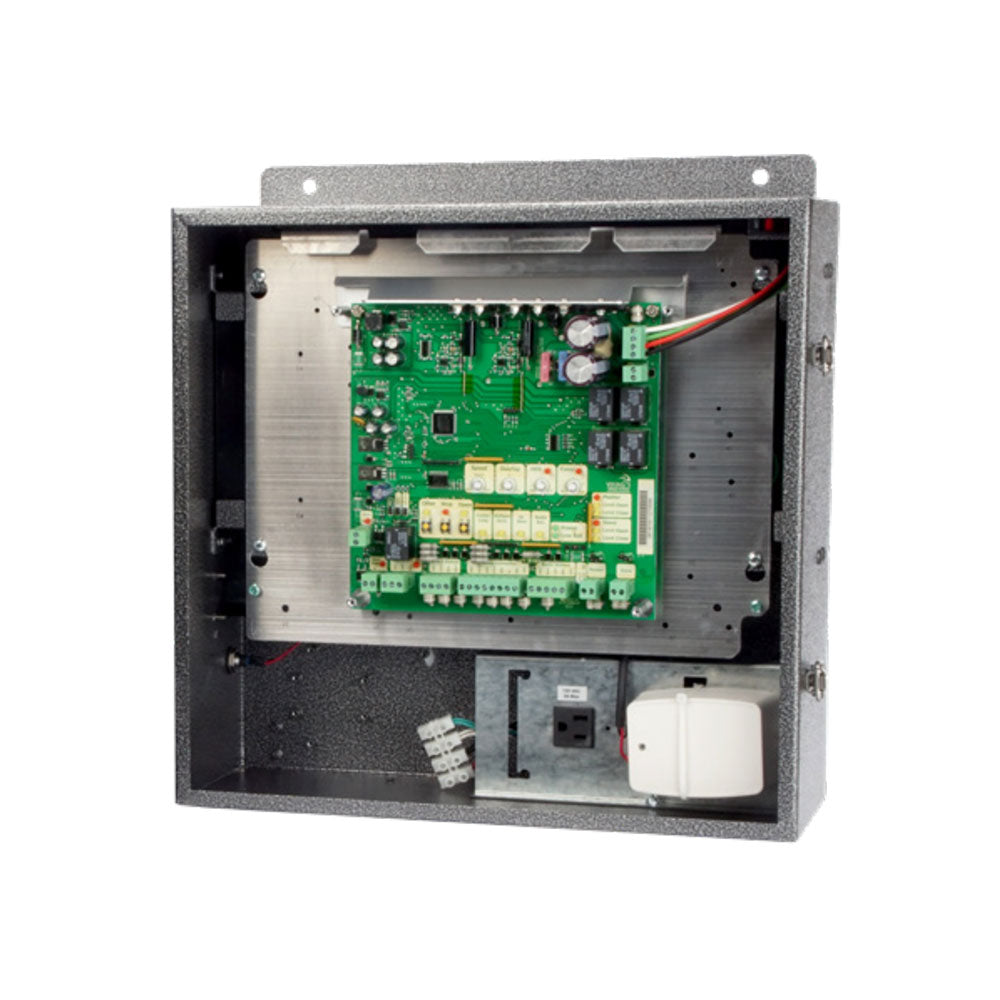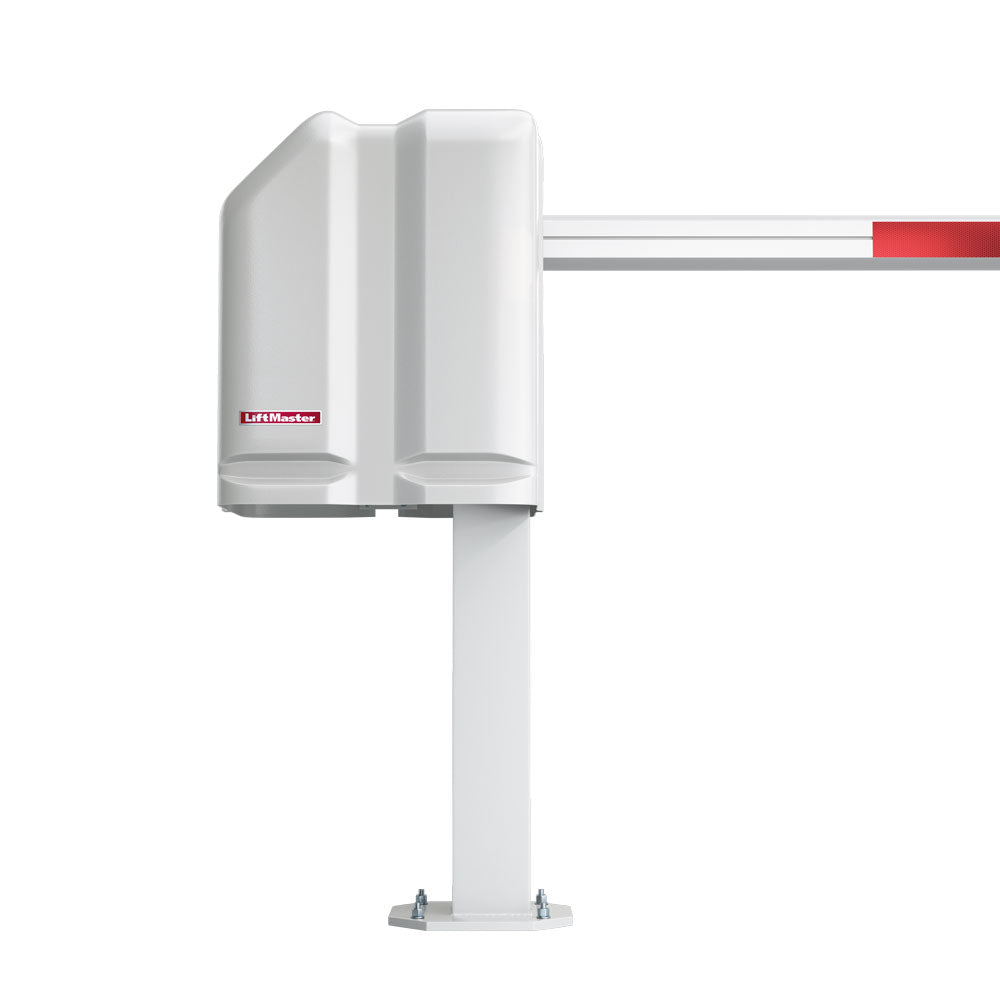Door access controllers are digital security systems that ensure authorized access to your facility while keeping unauthorized persons at bay. These elements are extremely useful in avoiding vandalism, theft, trespassing, and other criminal activity on your premises. And, because they are digital, they do the job more effectively than traditional door lock-and-key systems.
Simultaneously, door access controllers also simplify entry to your property. The residents or employees no longer need to carry keys or unlock doors the old-fashioned way. Instead, you can use convenient entry methods like remotes, keypads, mobile app barcodes, key fobs, and more.
In this guide, we will delve deeper into the door access controllers and discuss different options that you can use to grant swift and secure access to your facility.
Why Use Door Access Controllers?
Door access controllers are more convenient and effective than traditional hinges and locks. Why? Let’s find out.
Simplifies Management
One of the most appealing aspects of using a door access control system is its ability to monitor all entryway activity remotely. Door access control systems can also handle employee credentials, tracking, and entrance security, simplifying the management process of your access points.
Keeps Track of All Activity
As mentioned above, installing access controllers makes keeping track of all activity a lot easier, whether from your visitors, guests, delivery drivers, or residents. In case of theft incidents or break-ins, these systems can recall who accessed your building and each room where the door controller system is activated and in use.
No More Hassle Associated with Traditional Keys
Traditional key systems have proven to be inadequate for several reasons. The keys can easily get misplaced or stolen and put your facility's security at risk. A lost key means issuing new keys to all other residents or, in some instances, replacing all its corresponding locks. This is both time-consuming and expensive.
In the case of access controllers like a card reader and keyless entry with access cards, when someone loses their card, simply deactivating the card and assigning a new one is sufficient. This eliminates a lot of hassle and makes it possible to verify that your property always remains secure.
Allows Scheduling
With their powerful scheduling features, the latest access controllers allow you to grant access to certain people at specific times and days and to specific doors in a building. This way, you can easily adjust access to accommodate guests or new visitors without affecting your facility's overall security.
Increased Security
Increased security is the most apparent benefit of door access controllers. Since these systems allow you to set credentials and passcode for entry, it ensures that no unwanted visitor passes through the door and that your facility is safe from prying eyes. This is particularly beneficial in sensitive areas such as record rooms or data centers where you aim for absolute privacy and security.
Types of Door Access Controllers
Thanks to technological advancement, access solutions have come a long way from conventional deadbolt locks. Different options are available in the market, each better than the other, guaranteeing the absolute protection of your property. These are a few of the most popular ones:
Proximity Readers
A proximity reader is the most commonly used door access controller. They require users to present a key fob, a pre-programmed proximity card, or a digital bar code to unlock the door and have access permission. Some businesses also add photo ID to the card keys for additional security when using a proximity reader.
Keypads
Users punch in a pin or password using the keypad on the door’s entrance. Upon entering the correct code, the door unlocks and lets you in.
Biometric Readers
Biometric readers require you to scan your face, palm print, or fingerprint to gain access to a property. They are considered the most secure door access controller because everyone has a unique fingerprint that can never be mistaken for someone else's.
Intercom Systems
Intercom systems use a combination of an audio answering system and a keypad. They are a great way to give an extra layer of security since they open the door on entering the passcode and call the homeowner to confirm authorized access.
Which Door Access Controller Is Right for You?
Having discussed the benefits and types of door access controllers, let's move ahead toward the key elements that all homeowners and commercial property owners should consider when choosing a door access controller for their property.
The top things to consider before investing in this advanced system are:
Security
The desired security level on your property should be considered before choosing the best door access controller. It is a simple but essential check. If you want something with basic functionality, it is best to go with remotes and keypads. However, if your property has inventory or highly valuable information, select a system with both audio and video integration for better protection.
Other considerations, such as the traffic flow, existing security level on the site (CCTV systems, guards, etc.), and the property's location, will also impact the type of access controller you choose to install.
Ease of Use
Think about the people that will be using your door access controller. Will they come and go consistently throughout the day, or only at a few set times? Are they comfortable and competent in using the access controller? Is there a need for quick access?
All these questions relate to the system's user-friendliness and how well it fits in with your property and the people using it daily.
Scalability
The last thing you want is to install a new access controller only a few years after your initial one is set up. Therefore, opt for an easily scalable door access controller that will save you costs in the long run if your property expands.
Additional Features
Extra features such as audit trails, detailed reports, and lockdown options should all be considered and evaluated to see how they will suit your security needs. Not every property owner needs an access controller with additional features; others might benefit from one or two additions.
Takeaway
A door controller provides security and promotes effective entry point management. Whether you are looking for a standard keypad or something more advanced like a biometric scanner for your access control solution, our experts are here to help you guide through it.

